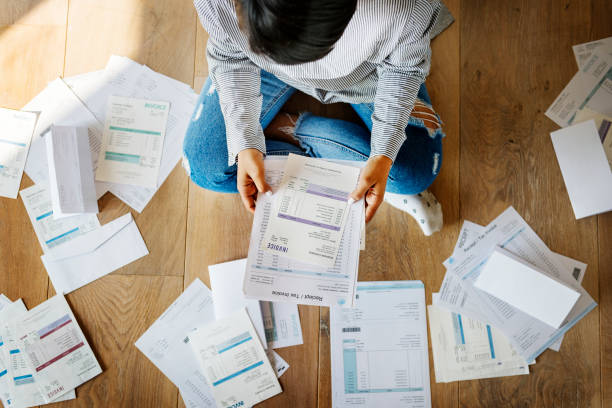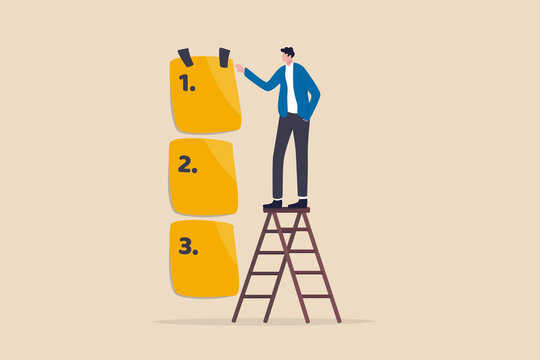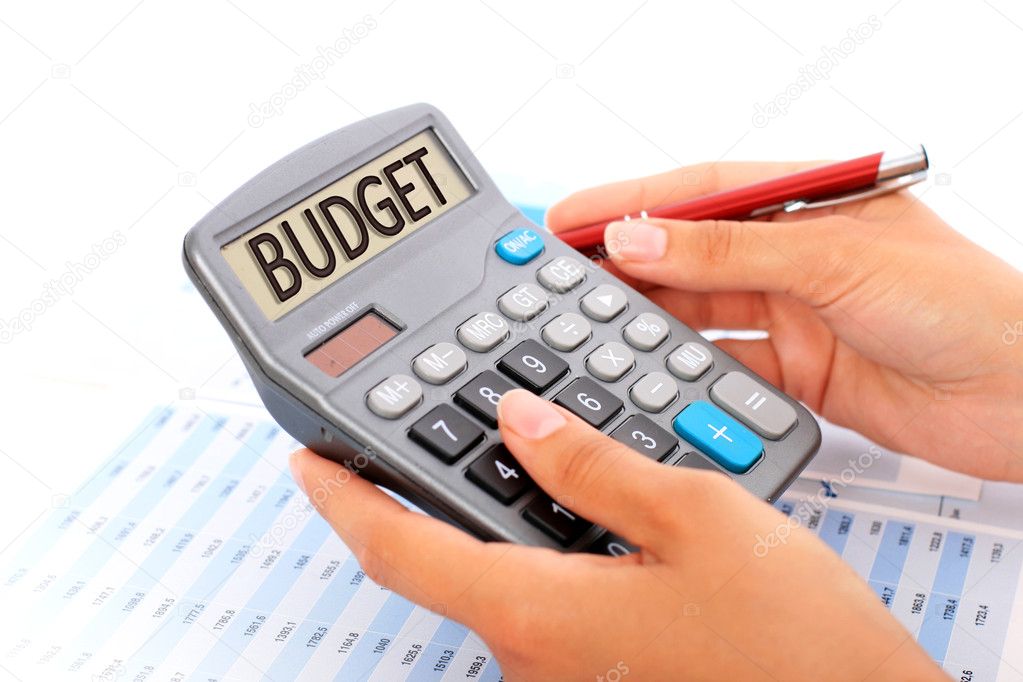Breaking the cycle of debt is a significant goal, and it often requires a combination of practical steps and mindset shifts. Here are some practical steps to help you get debt-free:
Assess Your Debt: Start by making a list of all your debts, including the outstanding balances, interest rates, and minimum monthly payments. Understanding the full extent of your debt is crucial for creating a repayment plan.
Create a Budget: Track your income and expenses to understand where your money is going each month. Create a realistic budget that allocates funds for essential expenses like housing, utilities, groceries, and transportation, while also setting aside money for debt repayment.
Prioritize Your Debts: Consider using the debt avalanche or debt snowball method to prioritize your debts. With the debt avalanche method, you focus on paying off debts with the highest interest rates first, while the debt snowball method involves paying off the smallest debts first to gain momentum.
Cut Expenses: Look for areas where you can reduce discretionary spending to free up more money for debt repayment. This might involve cutting back on dining out, entertainment, subscriptions, or other non-essential expenses.
Increase Income: Explore ways to increase your income, such as taking on a part-time job, freelancing, selling unused items, or pursuing opportunities for career advancement or higher-paying roles.
Negotiate with Creditors: Contact your creditors to negotiate lower interest rates, reduced payment plans, or settlements if possible. Many creditors are willing to work with borrowers who are proactive about addressing their debt.
Consolidate or Refinance Debt: Consider consolidating multiple debts into a single loan with a lower interest rate or refinancing high-interest debts to lower your monthly payments and save on interest over time.
Build an Emergency Fund: While prioritizing debt repayment, aim to build a small emergency fund to cover unexpected expenses. Having savings in place can prevent you from relying on credit cards or loans in the future.
Stay Motivated: Getting out of debt can be a long and challenging journey, so it's essential to stay motivated along the way. Celebrate small victories, track your progress, and remind yourself of the financial freedom and peace of mind that comes with being debt-free.
Seek Support: Don't hesitate to seek support from friends, family, or a financial advisor if you need guidance or encouragement during your debt repayment journey.




